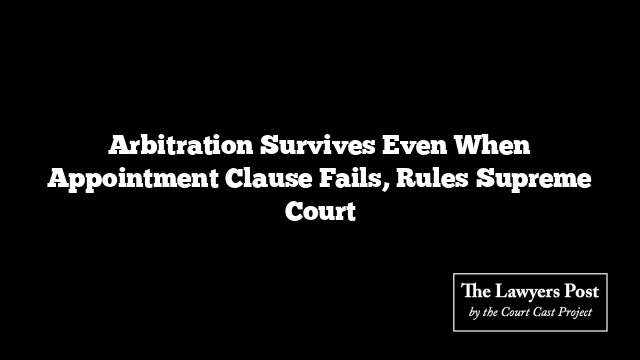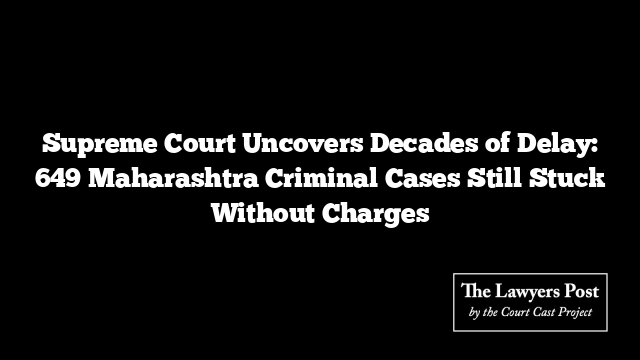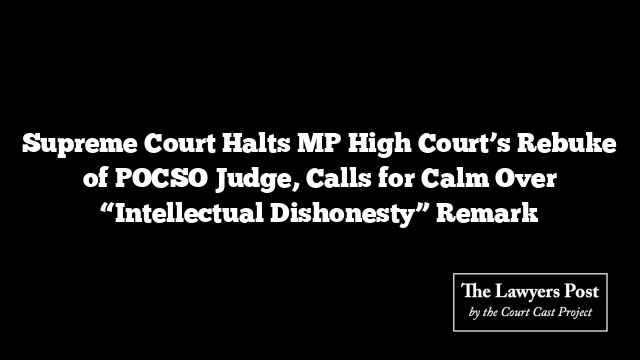Even if the route to appoint an arbitrator collapses under new law, the road to arbitration itself remains open — that’s the essence of a recent Supreme Court ruling that breathes life back into several contracts whose dispute clauses were feared defunct.
The case stemmed from a refinery contract gone awry. Offshore Infrastructure Limited was hired for composite works at the Bina Refinery back in 2016. The project wrapped up in early 2018, but soon after, payments became the new battleground. Offshore invoked arbitration in 2021, but Bharat Petroleum Corporation Limited (BPCL), which had by then absorbed Bharat Oman Refineries Limited, refused to play ball.
The contract named the Managing Director of Bharat Oman or a nominee as the arbitrator — a practice outlawed by the 2015 amendments to the Arbitration and Conciliation Act, which barred anyone with potential bias from serving in that role. The Madhya Pradesh High Court took a hard view, dismissing Offshore’s plea as time-barred.
But a Bench of Justices Dipankar Datta and Augustine George Masih saw things differently. They called it misguided to assume that an invalid appointment process destroys the very idea of arbitration.
“Just because the method of appointing an arbitrator no longer works doesn’t mean the agreement to arbitrate dies with it,” the Court observed, adding that the spirit of arbitration — not its procedure — defines its survival.
BPCL had argued that with the appointment clause rendered void, the entire arbitration mechanism fell apart. The Supreme Court disagreed, citing precedents like Perkins Eastman v. HSCC and Voestalpine Schienen v. DMRC. The justices explained that the amendments were meant to safeguard impartiality, not sabotage arbitration itself.
The Court also tackled the question of limitation. While Offshore’s plea was filed in March 2022 — seemingly beyond the three-year window — the pandemic-era order excluding time between March 2020 and February 2022 came to the rescue. Once that period was factored out, the Court ruled the petition timely.
Calling it unjust to overlook the unprecedented disruption caused by COVID-19, the Bench said that denying the exclusion “would be contrary to both fairness and practicality.”
With that, the Supreme Court overturned the High Court’s dismissal and sent the dispute to the Delhi International Arbitration Centre to appoint an independent arbitrator — marking a clear reaffirmation that the intent to arbitrate cannot be buried by technicalities or shifting statutes.





